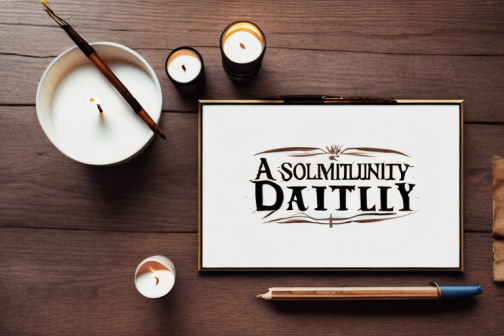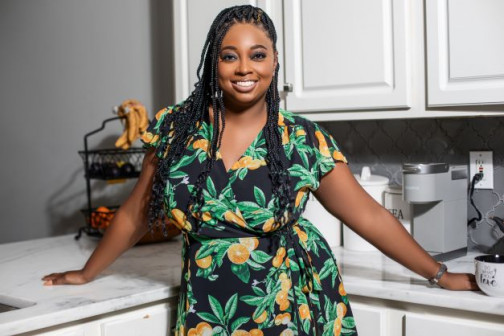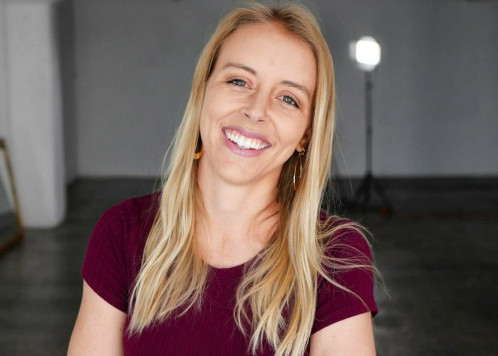She's honoring those approaching end-of-life by fulfilling their last wish, all over the country.
Caitlin Crommett has been volunteering in her community since she was twelve. At fifteen she founded the non-profit DreamCatchers. She believes in creating inter-generational bonds while fulfilling the dreams of hospice patients through chapters run by youth in high school or college. We had a conversation with her about the work that she does, what keeps her busy these days and her dreams for her own Farewelling.
As the president of DreamCatchers but also a speaker and author, please tell our readers about the work you do, and why it's important.
I founded DreamCatchers Foundation in 2009, and since then it has grown to a nationwide organization with over 40 student chapters. Our mission is to empower students and their local communities to fulfill the dreams of hospice patients and create powerful connections for younger and older generations. I believe the work we do is critical--for young people, for the patients, and for their communities.
That link between older and younger people is vital to the advancement of our society and both gain so much in our Dream Fulfillment interactions. We also hope that by exposing more youth to hospice care and those nearing end of life, we can begin to eliminate some of the stigma around death and dying, and form a more connected culture.
We know that you started volunteering at a young age. Where did your motivation come from?
When I started DreamCatchers, I had been volunteering at a local hospice in my community and had noticed that there were very few young people like myself involved with these hospice organizations. I also began to see that unfortunately, many people on hospice care are left alone or rarely visited, which made me want to do more to honor their lives.
The inspiration for the DreamCatchers Foundation came from the movie Patch Adams--specifically the scene where Dr. Patch fills a pool full of noodles for a woman who dreamed of swimming in them. I loved the idea of doing a similar thing for people on hospice, people who may not have the chance to do their 'bucket list' dream. That's how DreamCatchers was born.
What would you say to young people who are interested in joining your work, or to those who are unsure about it? What are the unexpected benefits to working with hospice patients?
It's an incredible way to learn some lessons that most people don't discover until they are much older. You're hearing stories from people who may have lived through World War II, the Great Depression, or have lives you only can read about in textbooks. You gain compassion for people at a completely different phase of life than you. You even learn entrepreneurship. We encourage our chapters to be self-sustaining, and they operate much like small businesses in that way. You learn how to lead and work in teams. The list goes on!
What are some barriers for young people to get involved in the kind of work you do?
Some hospices have an age requirement to become an official volunteer, which is why I wanted to keep our chapters run by youth: to give young people an opportunity to interact with this group of people when it is otherwise tough to do. DreamCatchers is a great way to start working with hospice patients at a younger age through Dream Fulfillment. It is also critical to have self-awareness and the understanding that you are working with people who may not be here in a few days, a week, or a month after you meet them. Our chapter leaders are unique young people who recognize the importance of this work, while understanding and facing the reality, and sensitivity, of the population we are working with daily.
What are some of the challenges you face? What can be done to overcome those challenges?
There are plenty of challenges running and growing a nonprofit, especially one of this nature. The simple fact of students graduating and moving on from high school and college makes chapter sustainability a bit more difficult than if our chapters were run by adults who could stick around for years. But in fact, that's an aspect of DreamCatchers that I am so proud of and would not change for the world.
On top of that, fundraising is always a challenge in the nonprofit world, as we operate on donations, grants, sponsorships, and the kindness of strangers. We need more manpower to grow, which takes additional funding, which usually takes manpower to acquire. It feels like a catch-22 sometimes! And of course, the pandemic brought many unforeseen challenges in our Dream Fulfillment activities as our students and hospice patients could not gather in person. But it gave us an opportunity to get creative and as a result, many student chapters fulfilled virtual Dreams, and connected with patients in other ways.
From your experience, what can young people learn from people at the end of their life?
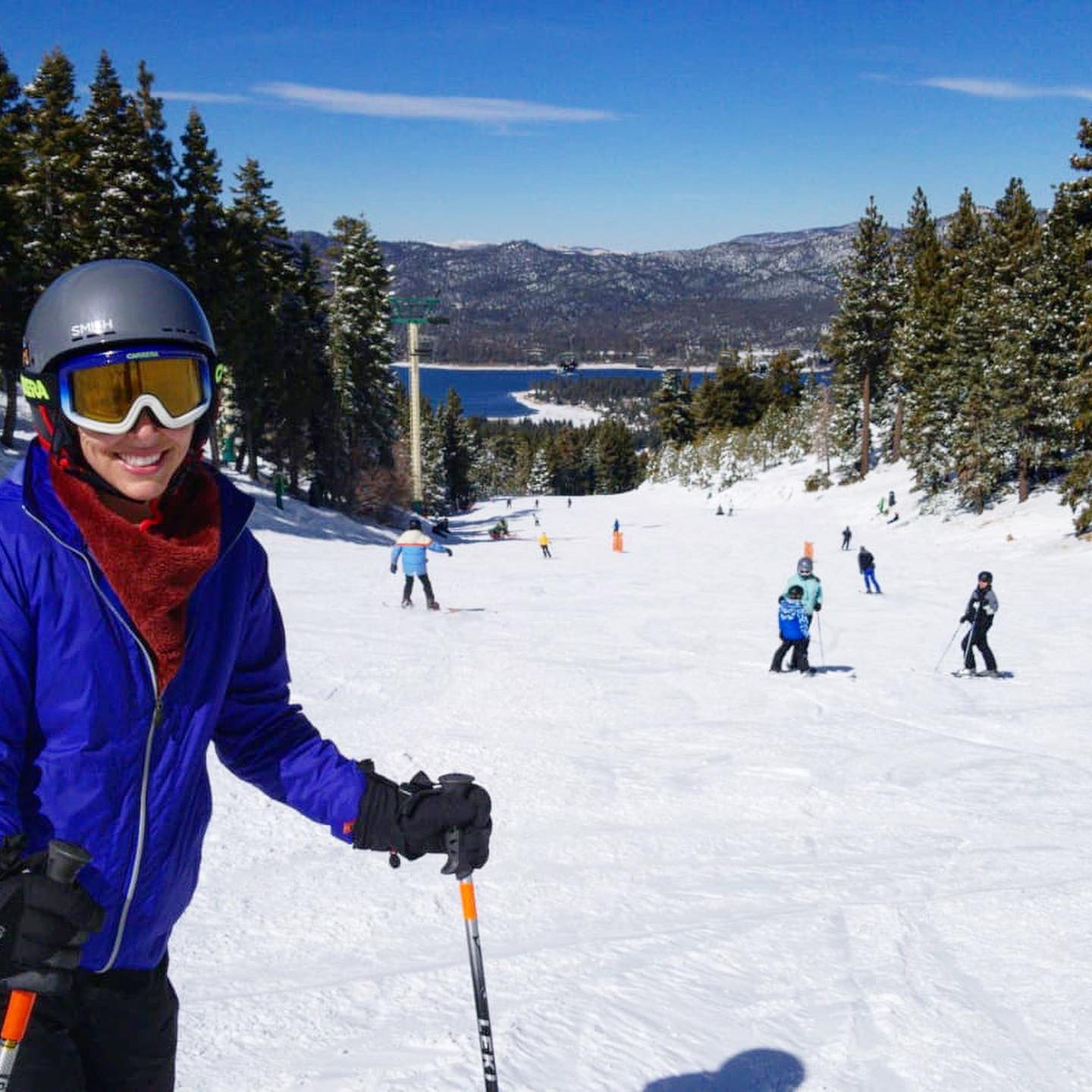
So much. I could write a book on this! But some of the most important lessons focus on the importance of true connection, the power of being fully present, and appreciating the simple things in life. These lessons have completely changed me and I believe, have helped me live a fuller life.
While death is something we are faced with throughout our lives, the reality of it isn’t easy to understand. What is your perspective on death?
Because of DreamCatchers and being around people in hospice care for so many years, I have a pretty open and accepting view on death. Our culture tends to ignore the inevitable, and avoid talking about it if at all possible, which I think is unhealthy and leads to a distorted and fearful view of the future. I believe being open to conversations around death, even our own death, can be extremely therapeutic and benefit us in the long run as we find what truly matters in our own lives.
Farewelling is all about celebrating the life lived, even while we mourn the loss of a loved one. Do you see a difference in how young and old people view death? Are people closer to death more mournful or accepting of the experience?
I love that view of dying! It's so important to celebrate people while they're with us, too, because I feel like we save all of our nice thoughts and words for funerals when it's too late for them to hear us say it. I think as young people, we're not really put in situations that make us confront death directly, and don't usually know people that die until we're a bit older. So talking about it is unheard of, which is why our DreamCatchers Chapters are entirely run by youth. We want to try to change that and expose young people to end-of-life and what that looks like early on. Most people on hospice that we work with, our Dreamers, are accepting. It's very cool to see that they've been able to accept what's coming, and live their final days as best and as fully as possible. Most of the time, that is the case. And that's so important to see as a young person.
Putting aside your work for a moment, tell us a little about what you do to enrich your life during your free time.
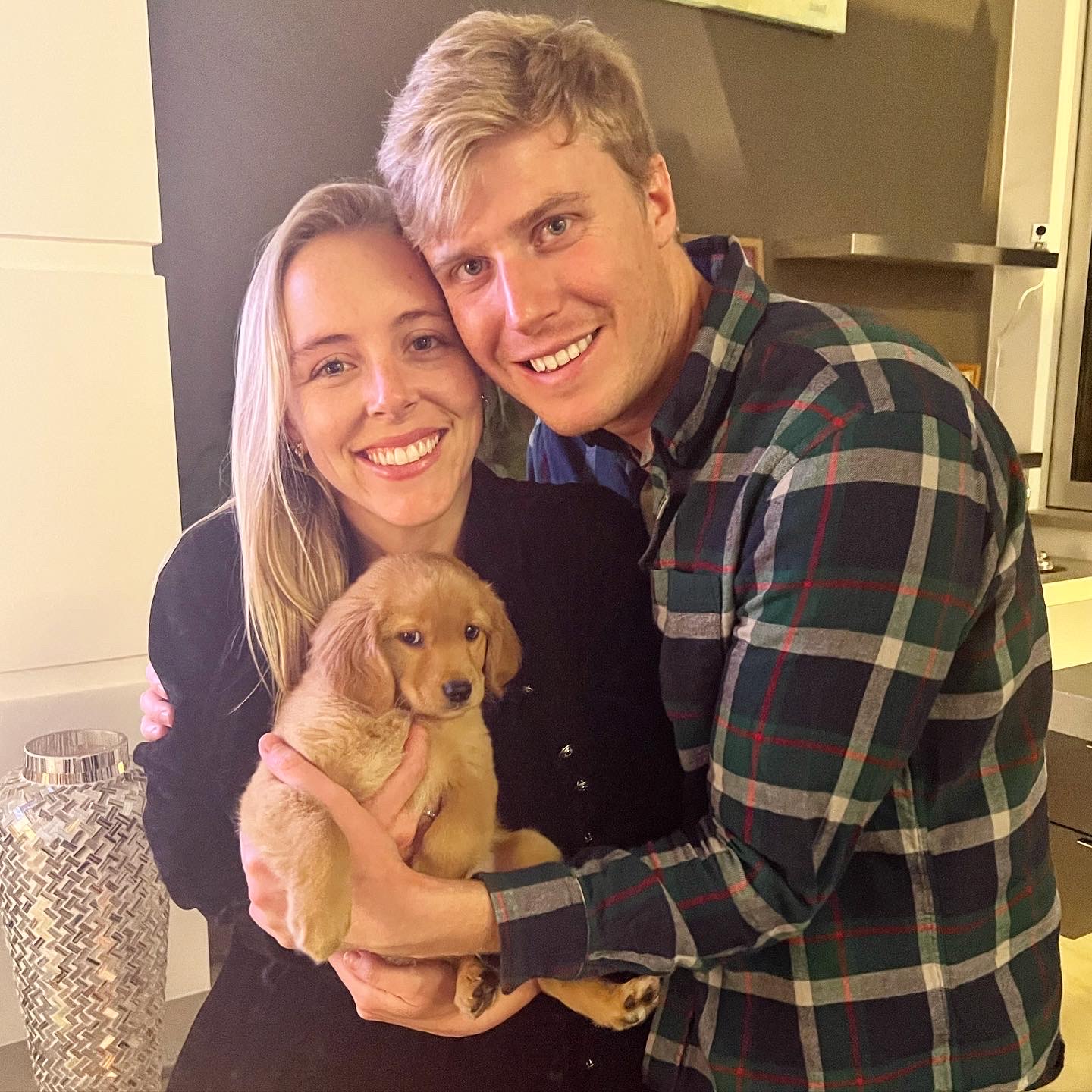
We just got a new puppy, so most of my free time is playing with him! He's a full-time job right now but so sweet. I also love to go on long walks, do hot yoga, and try new foods. I'm a speaker as well, and lately I've spent some time developing presentations around all that I've learned from spending time with those near end-of-life- I'm working on a talk around what the dying can teach us about living. It's a real passion of mine! I'm getting my masters in gerontology at USC right now as well, so there's truly not much free time at the moment.
You help honor the wishes of those who are at the end of their life. Have you thought about what you would like to do with your remains once you die? If you had to plan for yourself, what would you include in your Farewelling celebration? You know, say the top five things that are most important to you? We call that the “Farewelling 5.”
I love this concept of thinking about your own farewelling. I've thought about it a bit and would definitely like:
- To be cremated and scattered in my favorite places.
- My celebration would be somewhere sunny and warm, and include a lot of bright colors (no black!)
- Amazing food and desserts
- My family and friends of course (and puppy!)
- Great music (I could plan the playlist :) )
That's about all I can think of right now, but I think everyone should think about their own farewelling celebration. Such a great exercise!
If you want to know more about Caitlin, DreamCatchers and her multiple endeavors, or find out how you can also help fulfill dreams, you can follow her on Instagram @caitlincrommett or at @dreamcatchersfoundation.
Recommended Memorial Products
- Macorner Hug from Heaven Pillow — Comforting "Hug from Heaven" memorial pillow that wraps the bereaved in warmth and love.
- Personalized Memorial Throw Pillow — Custom memorial pillow personalized with a comforting message and loved one's name.

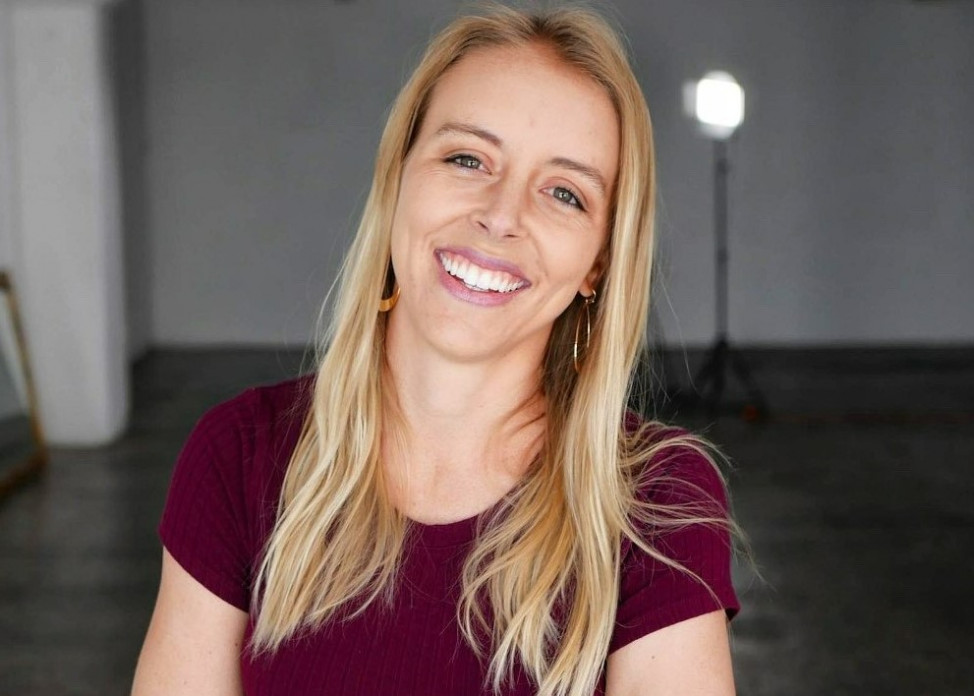
-banner.png)



